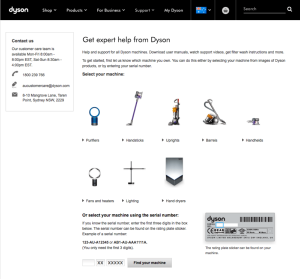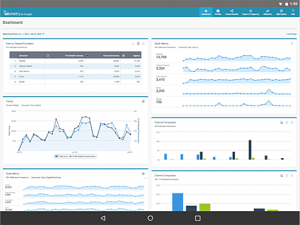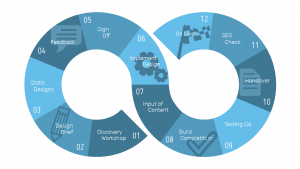Finding a buyer for your small business can be intimidating. Putting your business on the market inevitably stirs anxious energy, and feelings of vulnerability can prevent entrepreneurs from seeking out deals. After all, when selling the business you spent years developing, you want to be sure that you’re selling to the one.
Sound familiar? Well, you might go as far as to say that finding a perfect buyer is like finding a soulmate. Sure, it’s not a true 1:1 comparison, but there are undeniable similarities between connecting with your buyer and connecting with your betrothed.
You’re ready to put yourself out there, but how do you hook the buyer of your dreams? To understand the process of buyer courtship, let’s frame this journey within a context anybody can understand: a classic love story.
- Dating — This step is focused on preliminary strategizing. This means meeting prospects, assessing the market, business valuation, and more.
- Engagement — How to practice due diligence to ensure a favorable deal.
- Marriage — Before taking the plunge you must settle on a mutually-beneficial contract.
Let’s unpack each of these phases to better understand how to find the buyer your business deserves.
Dating
The beginning of the sales journey is filled with uncertainty but, much like the dating scene, that’s part of the excitement. But, don’t let your naivety undercut the value of your business.
Here’s the key to this first phase: play the field. Don’t rush into any commitments. Nothing signals inexperience quite like an overzealous seller, so leave yourself open to multiple suitors. Savvy entrepreneurs know to how to play the game, so start by listing your business for sale and be patient. There are plenty of fish in the sea.
Next, it will benefit you to do some soul-searching and self-reflection in the form of a business valuation. This is an important step of the sales process in which a seller determines the value of their offering. A business valuation can take on several forms:
- Asset value — A calculation of a business’s net balance minus liabilities.
- Earning value — An estimation of potential future earnings. This is based on the business’s record of past earnings compared to a buyer’s expected rate of return.
- Market value — The value of your business compared to similar businesses that were recently sold.
A thorough business valuation will be some combination of the above approaches. Your main concern should be this: which attributes carry the most value within your particular sector? Find these features, bring them forth, and let them speak for themselves. Admirers will see these assets and come flocking in no time.
After some time playing the dating game you will find a match, and it will be time to settle down. Next comes the engagement chapter of your sales storybook, and while you might feel secure in your partnership, be aware you’re still in the honeymoon phase. Without due diligence, you could be left at the altar.
Engagement
At this point you are committed to your buyer and they are committed to you. But, like in a relationship, the early stage of the sales process is no time to become complacent. Without due diligence during the engagement chapter of your coupling, you could very well squander a good thing.
When you are in the intermediary between securing a prospect and finalizing contracts, be sure to implement the following strategies:
- Recruit a “wingman” — A business broker can bring valuable insight to negotiations and continue scouting for prospects if a potential deal falls through.
- Consider their feelings — One of the best things you can do is think like a buyer. Put yourself in their shoes, consider what makes your business appealing, and use it as leverage.
- Establish boundaries — Make a list contract terms on which you will not budge. For example, up-front payment, future involvement, non-competes, etc. Be strong. Now is the time to hold firm on the non-negotiables.
At this point you and your buyer will settle into comfortable, agreeable contract terms. Hopefully by now it is clear that this deal is meant to be. If everything goes according to plan, you’re ready to take things to the next level: getting hitched.
Marriage
The time has come and you have found a prospective buyer — you hear closing bells ringing. You have dedicated countless hours to sales negotiations, and all that’s left is to sign over to Mr. or Mrs. Right.
In this phase of the sales journey you will negotiate final contract terms. This final leg of the sales journey can take up to a year, so be aware you’re in it for the long haul. The buyer will come to you with an offer at which point you can accept, counter or reject. You may dance around each other for a little while, but once you come to agreeable terms on both sides you can finally say “I do.”
After everything is finalized you may be required to stay involved with the business for a set amount of years. If not, be sure to sign any assets that were not purchased over to yourself. At long last it will be time to go your separate ways and move on to the next chapter of your life.
Selling your business can be as emotional as a romantic relationship, but lucky for you there are resources available to ease the process. Divorce yourself from doubt, and put yourself on the market — your dream buyer is out there somewhere.
Business & Finance Articles on Business 2 Community(69)







